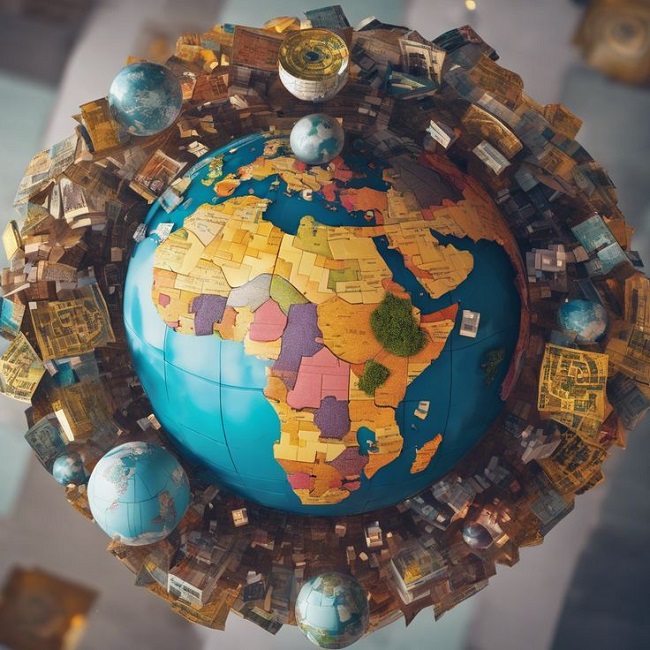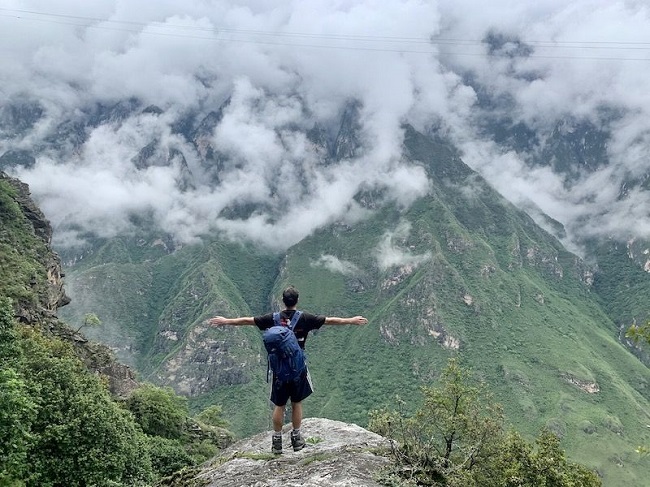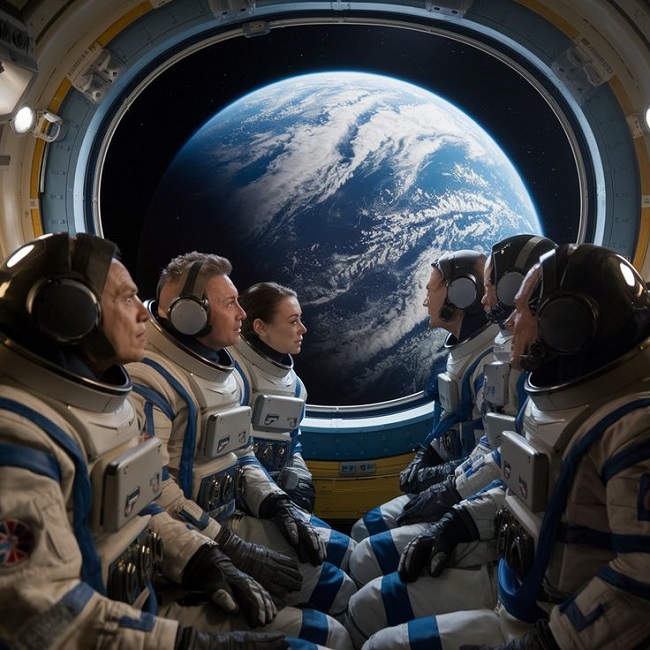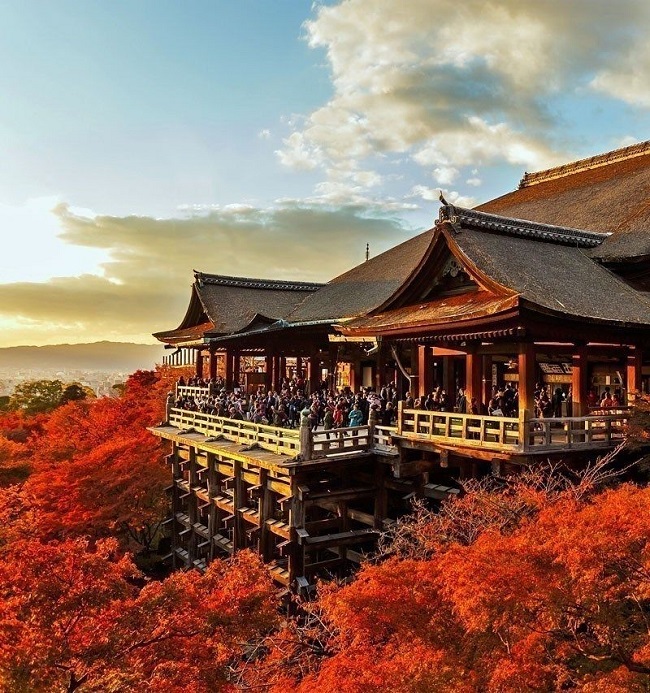Introduction:
Tourism and tourist activities have become an essential part of global culture, shaping how people connect, share, and explore different lifestyles. Every nation relies on tourism and tourist industries for cultural exchange, job creation, and economic growth. The relationship between tourism and tourist experiences reflects a society’s openness and creativity, making travel one of the most influential aspects of modern life.
Tourism and tourist patterns have evolved drastically in the past few decades, with people seeking unique experiences that go beyond traditional sightseeing. In this guide, we will explore the role of tourism and tourist activities in society, their economic value, cultural importance, environmental impact, and the future of global travel.
The Importance of Tourism and Tourist Experiences in the Global Economy

Tourism and tourist activities are critical to the global economy, contributing trillions of dollars annually to countries worldwide. Many developing nations rely heavily on tourism and tourist attractions as a source of foreign exchange and investment. For example, destinations like Thailand, Greece, and the Maldives generate a significant percentage of their GDP from tourism and tourist-related services.
Moreover, tourism and tourist trends provide millions of job opportunities, from hospitality and transport to local tour guiding. Every time a tourist visits a destination, they contribute directly and indirectly to businesses such as restaurants, airlines, and local markets. The strong economic cycle created by Travel and tourist engagement is why many governments prioritize this sector in their development plans.
Tourism and tourist expansion not only boosts income but also promotes infrastructure development, such as airports, roads, and communication systems, which benefit both visitors and locals. Therefore, the significance of tourism and tourist activities goes beyond vacations—it sustains livelihoods and drives progress.
Understanding Tourism: More Than Just Travel

Understanding tourism is more than just about travel; it’s an exploration of culture, history, and new experiences. The tourism and tourist industry holds immense potential, offering more than just a getaway from everyday life. Travelers seek destinations that provide enriching encounters, whether it’s through local traditions, cuisine, or scenic beauty. In the USA, this is especially true, as tourism plays a key role in the economy. People travel not only to relax but also to broaden their horizons and connect with the world in meaningful ways.
For tourists, each journey offers a chance to learn, grow, and appreciate the diverse cultures they encounter. Tourism is a gateway to understanding different ways of life, fostering connections across nations. As more people embrace sustainable travel, the impact on local communities and the environment becomes increasingly significant. With the tourism industry booming, it’s clear that this sector is much more than just leisure—it’s about building global connections.
Cultural Exchange Through Tourism and Tourist Interaction
Tourism and tourist activities play a vital role in preserving and promoting cultural heritage. When tourists travel, they encounter different traditions, art, food, and languages, which creates opportunities for cultural exchange. The interaction between tourism and tourist behavior often strengthens global understanding and reduces barriers between nations.
Many destinations have recognized the power of tourism and tourist movements to preserve traditions that may otherwise fade. For instance, festivals, museums, and heritage sites attract tourists while ensuring that local cultures remain celebrated and respected. Travel and tourist dynamics allow communities to showcase their identity and pride to the world, fostering both cultural appreciation and global diversity.
However, responsible practices are necessary for Travel and tourist exchanges to succeed. Tourists must respect local customs and avoid harmful behaviors, while communities must ensure authentic cultural representation rather than mass commercialization. The balance between Journeying and tourist exchange builds sustainable cultural preservation.
Types of Tourism and Tourist Motivations
Tourism and tourist motivations vary widely, depending on personal interests, budgets, and goals. Some common types of tourism and tourist activities include:
- Leisure Tourism and Tourist Travel – Focused on relaxation, beaches, resorts, and recreation.
- Cultural Travel and Traveler Experiences – Centered around heritage, art, history, and traditions.
- Adventure Journey and Explorer Thrills – Includes hiking, climbing, diving, and extreme sports.
- Medical Sightseeing and Visitor Healthcare – Travel for surgeries, wellness treatments, or medical procedures.
- Religious Journey and Tourist Pilgrimages – Visits to sacred sites, temples, or spiritual centers.
- Eco-Tourism and Tourist Awareness – Focus on sustainability and environmental education.
- Business Voyage and Globetrotter Conferences – Combining work, networking, and travel.
Each type of tourism and tourist travel satisfies different needs and contributes uniquely to local economies. Understanding these categories helps destinations market themselves more effectively and attract the right audience.
The Role of Technology in Modern Tourism and Tourist Experiences

Technology has transformed tourism and tourist activities, making travel easier, faster, and more personalized. Online booking platforms, digital maps, and travel apps allow tourists to plan their journeys efficiently. Virtual reality tours and AI-driven recommendations also enhance tourism and tourist planning by giving travelers previews of their destinations.
Social media has become an essential tool for tourism and tourist promotion, where destinations showcase attractions through videos, reels, and blogs. Tourists increasingly rely on reviews, digital influencers, and online travel communities to make decisions. This digital transformation of Travel and Traveler engagement allows even small destinations to gain global visibility.
Moreover, smart Excursion and tourist infrastructure, such as e-visas, contactless payments, and AI-driven hotel services, have improved convenience. Technology ensures that Travel and Traveler experiences remain relevant in a competitive, digital-driven world.
The Impact of Tourism on Local Economies
Tourism has a significant impact on local economies, especially in the USA. The influx of tourism and tourist activities creates a direct boost to businesses. Hotels, restaurants, and transportation services see a rise in demand as visitors flock to different cities. This, in turn, supports local employment, providing jobs in various sectors.
As tourist spending increases, it stimulates economic growth in small towns and major cities alike. Local economies benefit from the taxes generated by tourism, which help fund public services. Communities also gain visibility on a global scale, attracting more travelers in the future.
However, the economic impact of tourism goes beyond financial growth. It fosters cultural exchange and strengthens local businesses. When tourists engage with local artisans, it opens doors to new opportunities for entrepreneurs. With careful management, tourism can be a sustainable source of income, benefiting local economies for years to come.
Leisure Tourism and Tourist Activities
Leisure tourism has become a popular activity for many, especially in the USA. It enables people to go to new places and take a vacation from their regular schedule. The appeal of tourism and tourist activities lies in the variety of options available. From exploring historical landmarks to relaxing on sandy beaches, there’s something for everyone. These experiences not only offer relaxation but also promote cultural exploration.
Tourist activities play a crucial role in shaping travel experiences. Visitors can engage in adventure sports, hiking, or sightseeing, depending on their preferences. Leisure tourism also encourages people to explore lesser-known destinations, contributing to local economies. Small towns and rural areas benefit from the influx of tourists seeking unique experiences.
The impact of leisure tourism is felt in various industries, from hospitality to retail. As tourists spend money on activities, meals, and accommodations, they support local businesses. This type of tourism fosters long-term growth, creating more opportunities for both travelers and locals.
Adventure Tourism and Tourist Thrills
Adventure tourism has become a thrilling choice for many travelers, particularly in the USA. This form of tourism and tourist activities attracts those seeking adrenaline-pumping experiences. Whether it’s white-water rafting, mountain climbing, or zip-lining, adventure tourism offers a chance to push personal boundaries. It appeals to tourists looking to experience nature in its rawest form, making each trip unforgettable.
The excitement of adventure tourism lies in the challenges it presents. Tourists can explore rugged landscapes, hike through dense forests, or navigate icy terrains. These experiences allow for both physical and mental growth, giving tourists a sense of accomplishment. With its focus on thrill-seeking activities, adventure tourism is attracting an ever-growing audience eager to connect with nature in extraordinary ways.
As a result, adventure tourism drives economic growth in many regions. It brings tourists to areas rich in natural beauty, benefiting local communities. Adventure activities create job opportunities, from guides to accommodation providers, supporting sustainable tourism.
Medical Tourism and Tourist Health Travel

Medical tourism has become an increasingly popular choice for many tourists, especially in the USA. This form of tourism and tourist travel allows individuals to receive medical treatments abroad at lower costs. With rising healthcare expenses, people are exploring options for affordable, high-quality care in other countries. From dental procedures to major surgeries, medical tourism offers a wide range of services to meet diverse health needs.
One of the key benefits of medical tourism is access to advanced medical technologies and expert care. Tourists can receive treatments that may not be available or are expensive in their home country. In addition to medical procedures, many travelers also enjoy the added benefit of recovering in beautiful and relaxing destinations, turning their medical trips into an opportunity for leisure.
As medical tourism grows, it brings substantial economic benefits to countries that cater to health travelers. Local healthcare providers, hospitality services, and tourism industries thrive as more people seek affordable and quality healthcare abroad.
Religious Tourism and Tourist Pilgrimages
Religious tourism has long been a significant part of the travel industry, especially for those seeking spiritual journeys. Many tourists engage in pilgrimages to sacred sites, seeking both peace and enlightenment. This type of tourism and tourist activities is driven by the desire to connect with religious traditions and explore the rich cultural histories of these destinations. Whether it’s visiting the Vatican in Rome or the holy city of Mecca, religious tourism is a unique form of travel.
Pilgrimages are a central aspect of many faiths, and they often involve long journeys to holy places. These trips offer individuals the chance to reflect, meditate, and strengthen their beliefs. For travelers, the experience of the journey and the deep connections formed along the way are just as important as the final destination.
The growth of religious tourism boosts local economy. Sacred sites attract millions of visitors, contributing to both tourism and local businesses. As more people travel for religious reasons, destinations benefit from the cultural exchange and increased demand for services.
Eco-Tourism and Tourist Sustainability
Eco-tourism has gained popularity as more tourists seek sustainable travel options. This type of tourism and tourist activities focuses on visiting natural areas while minimizing environmental impact. Eco-tourism encourages responsible travel that conserves the environment and supports local communities. It provides tourists with the chance to explore nature, wildlife, and pristine landscapes, all while promoting conservation efforts.
One of the core principles of eco-tourism is sustainability. Tourists are encouraged to respect local ecosystems, reduce waste, and minimize their carbon footprint. Many eco-tourism destinations also educate visitors about environmental preservation, making them active participants in conservation. This helps ensure that these beautiful locations remain intact for future generations.
Eco-tourism also has a significant economic impact, especially in areas rich in natural beauty. It supports sustainable businesses, including eco-lodges, wildlife tours, and conservation programs. As the demand for sustainable travel grows, more destinations are adopting eco-friendly practices, contributing to a healthier planet.
Challenges in Tourism and Tourist Development
Tourism and tourist development face several challenges that impact growth and sustainability. As the industry expands, there is increasing pressure on infrastructure. Popular destinations often struggle with overcrowding, which can harm local ecosystems and reduce the quality of the visitor experience. Balancing tourism growth with environmental conservation is a key challenge for many regions, particularly in the USA.
Making sure that the advantages of tourism are shared fairly is another difficulty. While tourism can boost local economies, it can also lead to income inequality. In some cases, the rise in tourist demand drives up the cost of living, making it difficult for local residents to afford housing and goods. Additionally, over-reliance on tourism can make economies vulnerable to global crises, such as pandemics or natural disasters.
To address these issues, sustainable practices are becoming essential in tourism development. Implementing responsible tourism policies can ensure that both the environment and local communities benefit from tourism in the long term.
Future Trends in Tourism and Tourist Experiences
Future trends in tourism and tourist experiences are shifting toward personalization and sustainability. Travelers are increasingly seeking customized trips that cater to their unique interests. Technology plays a major role in shaping these experiences, with virtual tours, AI-based recommendations, and immersive experiences becoming more common. As the demand for personalized journeys grows, destinations must adapt to offer tailored services to meet individual needs.
Sustainability is another key factor driving future tourism trends. Tourists are more aware of their environmental impact and prefer destinations that prioritize eco-friendly practices. This shift towards sustainable tourism encourages responsible travel, minimizing waste, and supporting local economies. As a result, destinations in the USA and around the world are adopting greener practices to meet the expectations of conscious travelers.
In the coming years, tourists will continue to seek meaningful, transformative experiences. Instead of traditional sightseeing, travelers will prioritize cultural immersion, wellness retreats, and local interactions. The future of tourism promises to be more engaging, personalized, and environmentally mindful.
The Function of Hospitality in Travel and Travel Services
In tourism and tourist services, hospitality plays a critical role in fostering satisfying experiences. Visitors rely on the hospitality industry for comfort and convenience during their trips. Hotels, restaurants, and other service providers are the backbone of tourism, offering everything from accommodation to food. Without quality hospitality, the overall tourist experience would suffer, reducing satisfaction and repeat visits.
In the USA, the hospitality sector has evolved to meet the demands of modern tourists. Personalized services, exceptional customer care, and unique offerings are becoming standard expectations. Tourists are looking for experiences that go beyond basic amenities and create lasting memories. As a result, the role of hospitality is now more about creating tailored, memorable experiences than simply providing a place to stay.
As tourism continues to grow, the hospitality industry must adapt to new trends. Technology plays an essential role in enhancing service delivery, offering conveniences like online bookings and digital check-ins. With these advancements, the hospitality sector is set to play a vital role in shaping the future of tourism.
Sustainable Tourism and Tourist Policies
Sustainable tourism and tourist policies are essential for maintaining environmental balance. As the tourism industry grows, there is increasing pressure on natural resources. Sustainable tourism aims to minimize negative impacts while promoting responsible travel practices. Tourists are more aware of their environmental footprint and are seeking eco-friendly destinations.
Governments and organizations must implement policies that encourage sustainable practices. These policies can include promoting green hotels, supporting local economies, and protecting natural heritage sites. By focusing on sustainability, Travel and Traveler activities can continue to thrive without compromising the environment. As more travelers prioritize eco-conscious choices, destinations are adopting policies that ensure long-term preservation of both the environment and the tourism industry.
Education Through Tourism and Tourist Experiences
Education through tourism and tourist experiences offers unique learning opportunities. Traveling allows tourists to immerse themselves in different cultures and histories. Educational tourism helps broaden perspectives, providing hands-on experiences that go beyond textbooks. Many destinations offer tours, museums, and historical sites, all of which contribute to deeper knowledge.
For tourists, these experiences are not just about sightseeing but about learning. The knowledge gained from such excursions, whether they involve touring historic sites or going to regional cultural gatherings, can be priceless. As interest in educational tourism grows, destinations are focusing more on offering educational programs that engage tourists. This trend not only enhances the travel experience but also promotes lifelong learning, making tourism more meaningful and impactful.
Urban Tourism and Tourist Attractions

Urban tourism and tourist attractions offer vibrant city experiences that attract millions of visitors. Tourists flock to major cities for their rich history, iconic landmarks, and cultural hotspots. Cities like New York, Los Angeles, and Chicago are renowned for their diverse attractions, ranging from museums and historical sites to entertainment venues.
Urban tourism gives visitors the opportunity to explore a city’s unique character. Whether it’s shopping, dining, or exploring architectural marvels, there’s always something to discover. The growth of urban tourism continues to drive local economies, creating job opportunities and fostering cultural exchange. As cities become increasingly globalized, their appeal as tourist destinations grows, making them essential hubs for the Travel and Traveler industry.
Rural Tourism and Tourist Development
Rural tourism and tourist development have gained significant attention in recent years. Many tourists are seeking authentic, off-the-beaten-path experiences in rural areas. These destinations offer peace, nature, and a slower pace of life, attracting visitors who want to escape busy urban environments. Rural tourism provides tourists with a chance to experience farming, local traditions, and untouched landscapes.
For local communities, rural tourism offers economic opportunities and promotes cultural exchange. By developing tourism in these areas, regions can attract visitors, boost businesses, and create jobs. This development must be carefully planned to ensure sustainability. As the demand for rural tourism grows, it becomes essential to balance development with preserving natural resources and maintaining local traditions. The Travel and Traveler industry plays a key role in fostering this growth while ensuring the longevity of rural destinations.
Conclusion: The Everlasting Bond Between Tourism and Tourist Journeys
Tourism and tourist activities are more than leisure—they represent culture, economy, sustainability, and human connection. From supporting livelihoods to preserving traditions, the relationship between tourism and tourist activities is central to the progress of modern society.
As we look toward the future, Exploration and tourist experiences will continue to adapt to technology, sustainability, and cultural demands. Responsible practices will ensure that Travel and Traveler growth benefits not only travelers but also the communities and environments they touch.
Travel and Traveler activities are a celebration of discovery, and by embracing them wisely, humanity can create a global community built on respect, learning, and adventure.
FAQs,
What is the difference between tourism and tourist?
Travel and Traveler are connected terms—tourism refers to the industry and activities, while a tourist is an individual engaging in travel.
Why are tourism and tourist activities important to economies?
Travel and Traveler activities generate revenue, create jobs, and support industries such as hospitality, transportation, and culture.
How does tourism and tourist travel affect the environment?
Travel and Traveler activities can strain ecosystems, but sustainable practices like eco-tourism reduce negative environmental impacts.
What types of Travel and Traveler experiences are most popular today?
Popular types include cultural, adventure, eco-tourism, medical tourism, and religious travel, each catering to different tourist needs.
What is the future of tourism and tourist industries?
The future of Travel and Traveler industries will focus on sustainability, technology-driven services, and authentic local experiences.
